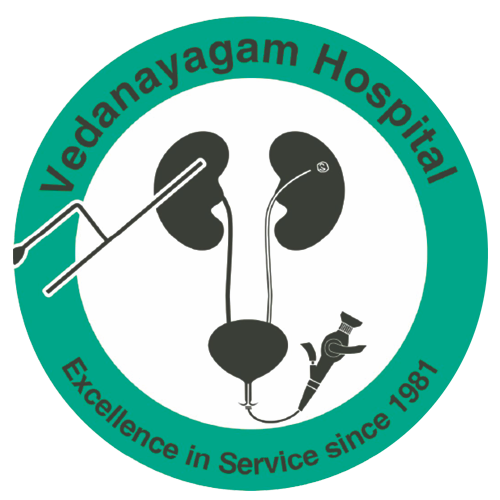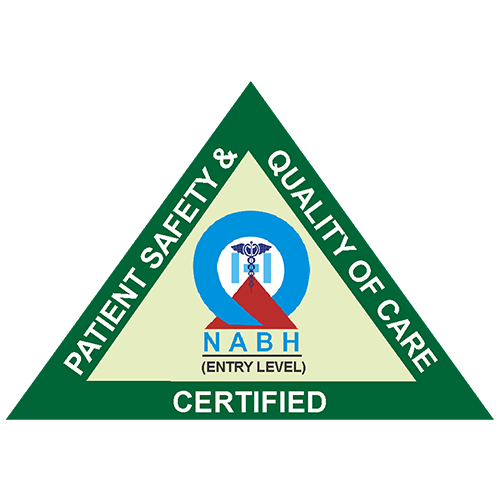Blog Summary
Kidney stones in children, though relatively rare, are becoming increasingly common due to factors like poor diet, dehydration, and genetic conditions. These hard mineral deposits form in the urinary tract and can cause severe pain, blood in urine, nausea, and frequent urination. The blog explains the different types of stones — including calcium, cystine, struvite, and uric acid stones — along with their causes and symptoms. It also outlines diagnostic methods such as imaging and lab tests, and treatment options ranging from increased fluid intake to medical procedures. Early diagnosis and proper hydration are key to managing and preventing recurrence.
Table of Contents
Kidney stones are tiny, hard deposits of minerals and acid salts that accumulate in the urinary system and can obstruct urine flow, produce excruciating pain, occasionally nausea, and even induce vomiting. Kidney stones in children are still very uncommon, although the incidence is rising. Kidney stones aren’t just an adult problem — they’re becoming more common in children too. If your child complains of unexplained abdominal pain or has blood in their urine, it could be a sign of this painful condition.
What Are the Types of Kidney Stones in Children?
Large quantities of chemicals, such as calcium, can build up in the kidneys and eventually crystallize as kidney stones. While some stones result from underlying health conditions, poor diet and nutrition are common causes. Some medical professionals believe that the prevalence of this illness in youngsters may be increasing as a result of dietary salt intake. Kidney stones can have the following forms:
- Salt overloading is the cause of calcium stones.
- People who have cystinuria, a hereditary condition characterized by an increased production of stones in the kidney, bladder, and ureter, are susceptible to developing cystine stones.
- Urinary tract infections are the most typical cause of struvite stones.
- Uric acid stones might develop as a result of chemotherapy or gout.
What Are the Signs and Symptoms?
Children may experience a range of symptoms when kidney stones are present. These may vary depending on the stone’s size and location. Stones that are still in the kidney and have not travelled to the ureter create no symptoms, whereas stones that clog the urinary tract and cause significant discomfort do cause symptoms. The following are typical signs of kidney stone disease:
- Blood in the urine
- Pain in the abdomen, side, back, or groin
- Nausea
- Frequent urination due to urinary infection
Even a small amount of blood in the urine should prompt a doctor to examine any child who is in discomfort.
Why Do Kidney Stones Develop?
Kidney stones develop in children when their bodies contain an excess of minerals, such as calcium, or when they do not drink enough water, often due to dehydration.
Kidney stones can develop in a child’s body as a result of several uncommon hereditary disorders. It increases the likelihood that other family members may get kidney stones if there is a family history of the condition.
Kidney stones may be more common in children who are immobile for long periods of time owing to surgery or other issues. This occurs as a result of the mineral calcium being flushed into the child’s system when their bones are dormant and unable to rebuild.
What Are the Risk Factors?
Kidney stones can be influenced by diet, genetics, and lifestyle choices.
A Fluid Loss (Dehydration) – Your child’s urine may get dark and concentrated if they don’t get enough water to drink. Crystals or kidney stones are more likely to develop when there is not enough fluid to regularly dissolve minerals.
Diet – Your child’s likelihood of developing kidney stones may depend on the types of food they consume. Protein-rich foods may boost body acid levels, which reduce urine citrate levels (a chemical that helps to prevent kidney stones). Kidney stones are likely to develop when there is insufficient urine citrate.
A Diet Heavy in Salt is Another Risk Factor – The likelihood of kidney stones developing rises when there is a lot of salt in the urine because it might carry calcium with it. Tea, chocolate, and leafy green vegetables are oxalate-rich foods that may make things worse.
An Inheritance of Stones – A family history of kidney stones, such as a parent or sibling, greatly increases the likelihood of developing kidney stones in children.
Diet for Kidney Stone Prevention
Limiting salt, increasing water intake, and avoiding oxalate-rich foods like spinach and chocolate can help reduce the risk. A balanced diet for kidney stone prevention is essential in minimizing recurrence.
How Are they Diagnosed?
Diagnosis of kidney stones in children usually involves a combination of methods, including a physical exam, medical history review, urine and blood tests, imaging tests, and sometimes collecting the stone for analysis. The healthcare provider will determine the best diagnostic approach based on the child’s symptoms and medical history.
How Are Kidney Stones in Children Treated?
Kidney stones in children are usually treated with pain medication, increased fluid intake, and allowing the stones to pass on their own. In some cases, surgery or other medical procedures may be necessary to remove the stones. The specific treatment approach depends on the size, location, and composition of the stones, as well as the child’s overall health and medical history. It is important to seek medical attention promptly if a child shows signs of kidney stones, such as severe pain in the back, sides, or lower abdomen, blood in the urine, or difficulty passing urine.
Kidney stones in children can be painful but are manageable with timely diagnosis and care. Maintaining proper hydration, limiting salt intake, and following a balanced diet can help prevent recurrence. If your child is showing symptoms, consult a urologist for expert care.




